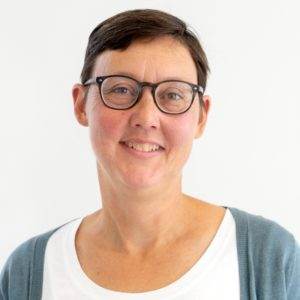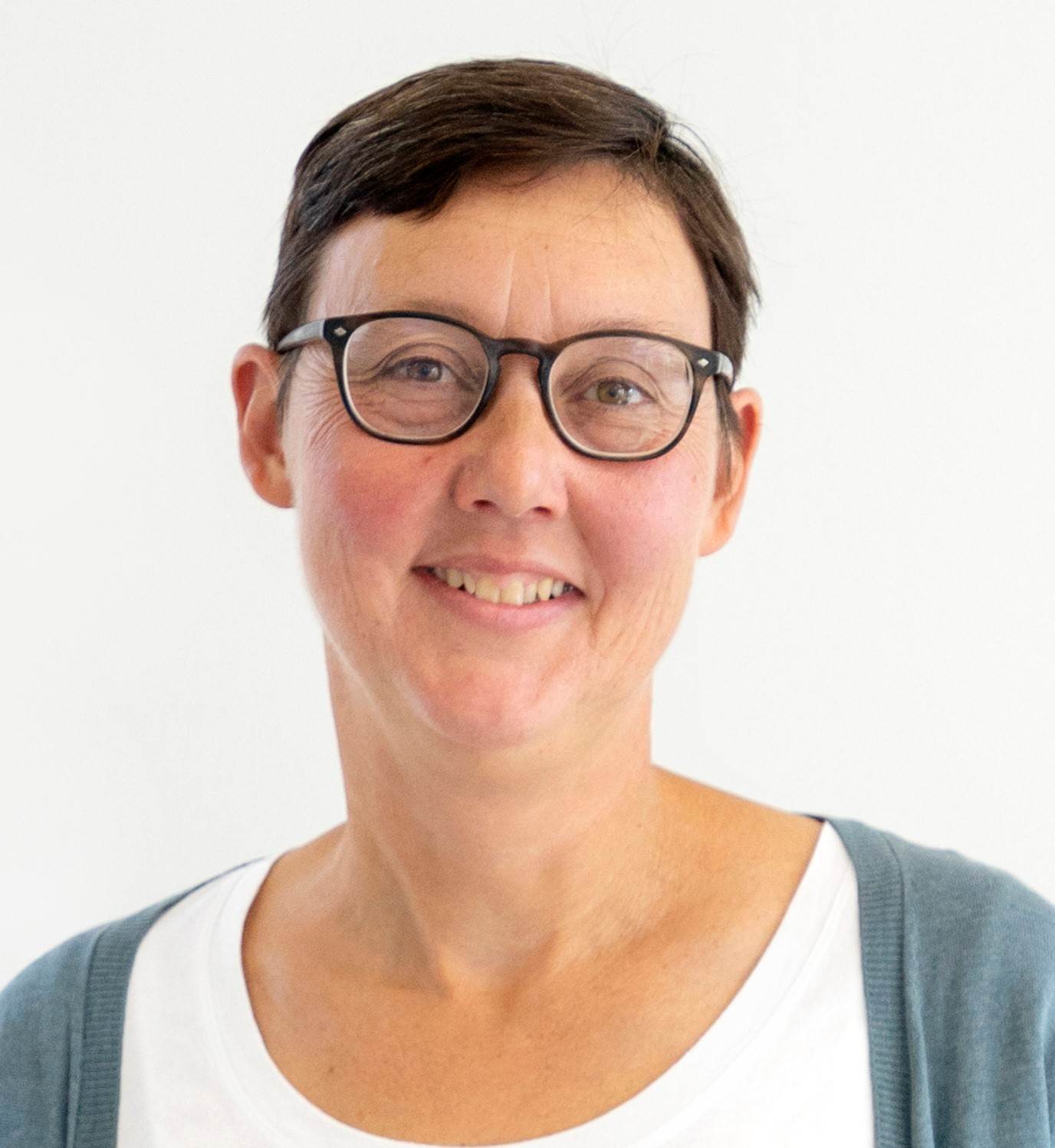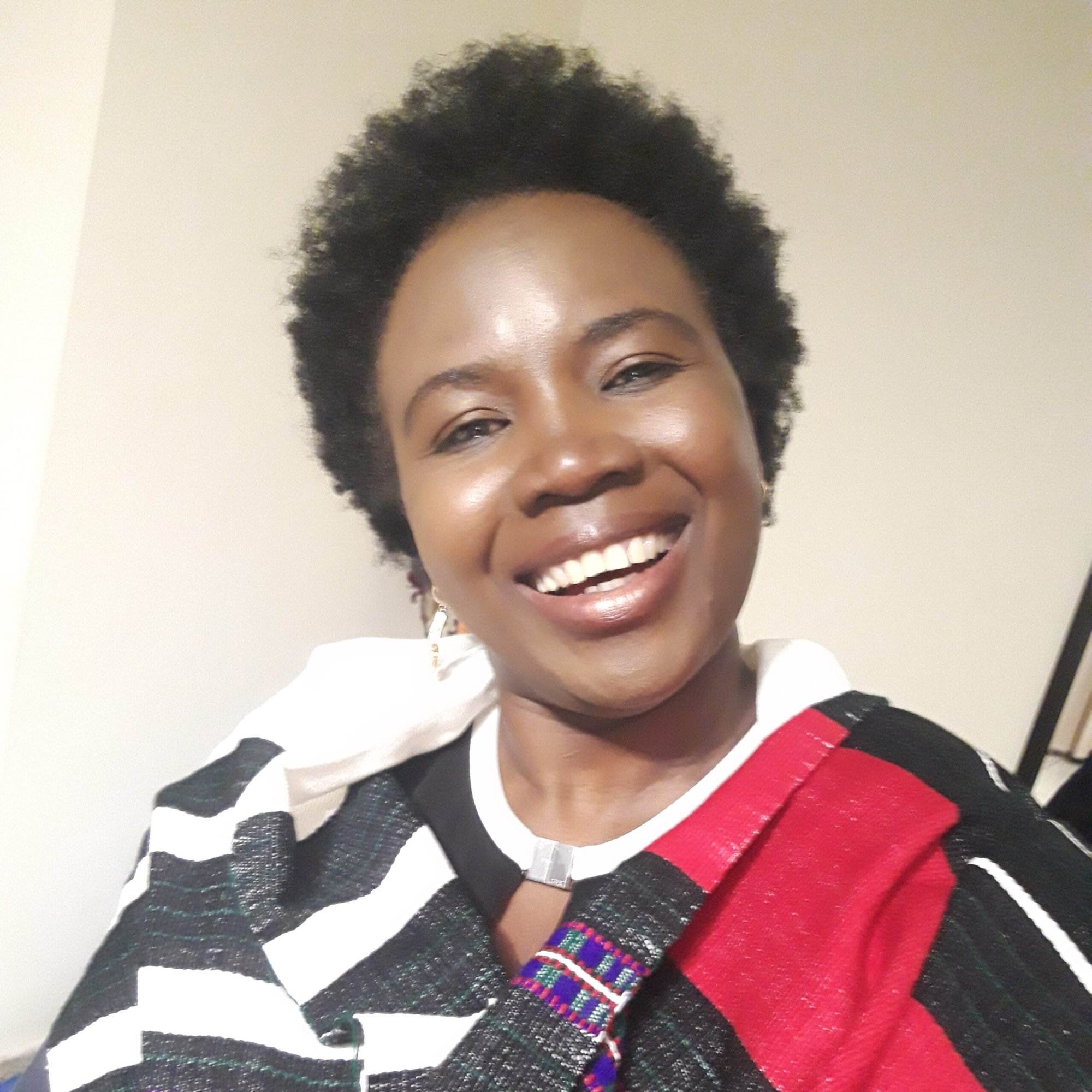As an organisation working with people on the frontlines of poverty and climate change to build sustainable lives and livelihoods, we continually see how the impact of gender-based violence, negative social norms and imbalanced power dynamics reduce progress.
At Practical Action, we believe that gender transformative change is fundamental to creating a world that works better for everyone. We believe that everyone should have the opportunity,
resources, and support to achieve their potential. We believe that Gender Equality is Development. That is why we champion equality and women’s economic empowerment across our four aims: Farming that Works; Energy that Transforms; Resilience that Protects; and Cities for People.
So, during the 16 Days of Activism against Gender-Based Violence, which runs from November 25th (the International Day for the Elimination of Violence Against Women) until December 10th (Human Rights Day). We want to play our part in the international effort of civil society, the private sector, media, and the UN (United Nations) joining forces to call for the prevention and elimination of violence against women and girls.
We stand in solidarity with individuals and institutions worldwide who are united in raising awareness, influencing policies, and working to create a world free from violence against women and girls.
Gender-Based Violence is Everyone’s Business
Gender-Based Violence (GBV) remains one of the most prevalent and pervasive human rights violations in the world; globally, it is estimated that one-third of women and girls experience it in their lifetime. Almost a quarter of young women and adolescent girls (15-24) in relationships has experienced physical and/or sexual violence from an intimate partner or husband.[1]
Gender based violence affects women and girls of all socio-economic backgrounds. Fallout from the COVID-19 pandemic, climate change and conflict situations further exacerbate and intensifies the issue as disrupted livelihoods, economic insecurity and limited social protections increase people’s vulnerability to violence, especially women and girls.
Violence negatively affects women’s physical and mental health and well-being at all stages of their life and impacts their professional development and economic empowerment. Violence against women has also broader social and economic consequences for families and communities.
Perspective From Our Leadership
We sat down with two members of Practical Action’s leadership team, CEO Sarah Roberts and Africa Director, Akinyi Walender. We delved into topics such as gender-based violence, women’s empowerment, and Practical Action’s participation in the 16 Days of Activism against gender-based violence. These are their perspectives.
[1] UN Women

Perspective: Sarah Roberts – CEO, Practical Action
Why is gender equality and women’s empowerment important to you?
Women make up half of the world’s population, and for society to work, it must work well for everyone. Despite being in 2023, the statistics indicate that gender equality is still far from being achieved. This reality requires urgent change. As the leader of an organisation dedicated to addressing the poverty and climate crises, I am acutely aware of how these challenges disproportionately impact women’s lives. It is impossible to achieve meaningful development without empowering women, challenging societal norms, and dismantling the structural barriers they face. And that means addressing gender in all aspects of our work. To achieve our objectives, we partner with many organisations, and it is crucial that these include ones with specialist gender and GBV expertise. By doing so, we can ensure that our development efforts are sustainable and truly benefit those who are most in need.
What does Practical Action mean with Gender Transformation and why is it important that Practical Action work on this?
The evidence is overwhelmingly clear: when women thrive, families thrive, and societies are more likely to work well and achieve sustainable development. We aim to mainstream gender throughout all our work and some of our programmes are entirely or predominantly focused on women, for instance Women in Energy Enterprises in Kenya (WEEK) and Women farmers go digital in Nepal.
The longer I have worked, the more I have come to realise just how deeply entrenched many of the challenges facing women are. This realisation underscores the importance of implementing effective programming and adopting gender transformative approaches in everything we do. Gender transformation needs to occur at every level. Our focus must extend beyond individual empowerment to addressing structural barriers and social norms that hinder women’s progress. At Practical Action, we aim to do everything we can and collaborating with specialist organisations with the expert skills. This type of collaborative approach is more likely to be genuinely gender transformative.
Why is it important for Practical Action to participate in the 16 Days of Activism against Gender Based Violence?
It is truly disheartening to acknowledge that, even in 2023, one in three women continues to experience gender-based violence. I am deeply disturbed by the stories shared with me by capable and impressive women I have worked with over the years, recounting the hardships they have endured in both their personal and professional lives. They have had to overcome tremendous obstacles to reach their current positions and lead lives that they want. The fact that such struggles persist today is unacceptable.
I am furious that today my university-attending daughter is still having to deal with harassment in shops, on public transport and in social venues and worry about whether her drink might be spiked. And that my sons are routinely disturbed by the casual misogyny of their peers at school and university. It infuriates me that perpetrators of gender-based violence often escape accountability, and this must change. We must exert every effort to put an end to it, as there is much work to be done. It is going to take all of us, men, and women to change this situation and make sure that the next generation are not facing the same issues.
As a woman in leadership, what does women’s empowerment mean to you?
It is crucial for people to see that there are many ways of leading and that all sorts of women and are fully capable of holding leadership roles. It is also important to understand what may be holding women back from achieving their potential and working to reduce these barriers.
I have not personally faced gender-based violence in my life and I have had to make a conscious effort to educate myself on the issue. It has taken me time to comprehend the realities faced by my colleagues and the people we work with whose experiences differ from my own. I have been assisted my long-term colleagues who I have developed a trusted relationship with. Now I am in a leadership position, I feel it is important to create an environment where these critical issues are discussed, their impact understood and we can work out how we can best address them, with others.
As a leader, one must exemplify the values and principles by which an organisation should be run, including fostering engagement and nurturing meaningful partnerships. My hope is that my own leadership serves as inspiration for others, encouraging them to believe in their own potential to make a similar impact.
To take a practical example, I previously held a leadership position in an organisation that worked to improve the lives of workers in an industry that was in remote rural areas. This industry was almost entirely male at the leadership level but had large numbers of female workers. So, the situation that I inherited was that many of our development staff were men, as they were the people that the industry leaders preferred to engage with and it was not considered safe or, in many cases, appropriate for women to travel or stay in these areas, including by many of our team. But the longer I was there, the more I understood that we would never achieve our objectives if we did not have more women working directly with female workers, to properly understand their challenges and priorities.
It was quite a process to change the balance of our staff and our approaches, involving deep work with the team on gender issues and getting them to think differently about how we organised our work and who should be doing it. For example, if it wasn’t appropriate for women to stay in the places that our male staff stayed when they travelled to the industry locations, how should we organise our approach to travel and accommodation so that women could spend time there. And how should we change our approach to recruitment and training so that we could hire more people from the places where the industry was located and reduce the need for travel? And what kind of partnerships could we develop with local and specialist organisations that could build trust with women and men workers in ways that our team might never be able to?
Over the course of ten years, our organisation underwent a significant transformation, this shift required new ways of thinking and a collective effort from our team, but the positive outcomes were evident. I learned valuable lessons from this experience that can be applied to Practical Action.

Perspective: Akinyi Roselyn Walender – Africa Director, Practical Action
Why is Practical Action’s Africa Directorate participating in the 16 Days of Activism Against Gender-Based Violence?
The 16 days of activism against gender-based violence is a campaign focused on preventing and eliminating violence against women and girls. What stands out to me is that the campaign culminates on Human Rights Day, emphasising the importance of recognising women’s and girls’ rights as fundamental human rights. At Practical Action, our approach to gender transformation involves creating societal change for both men and women, challenging social norms that perpetuate power imbalances and privileges. We also aim to address harmful norms that contribute to inequality.
While gender-based violence is a global issue, the Africa Directorate specifically seeks to raise awareness about its manifestation in the region, spotlighting the work of our partners working directly to address this issue, and sharing inspiring stories of women’s empowerment within the communities we work with.
Gender-based violence continues to occur on a distressing scale worldwide, affecting both the people we work with and the effectiveness of our programmes. We cannot ignore these issues, as they are prevalent. As Practical Action, we recognise our responsibility to act by promoting awareness both internally and externally. This understanding informs our approach to working with the communities we serve, as well as how we interact within our organisation. Our participation in this campaign demonstrates our solidarity with individuals and institutions worldwide who are united in raising awareness, influencing policies, and creating a world from violence against women and girls.
What impact would you like this campaign to have?
At Practical Action, we are committed to fostering meaningful dialogue about gender transformation through our campaign. While ewe are not specialists in gender-based violence, our programmes have a significant impact on gender dynamics, women’s empowerment, and girls’ empowerment in communities where critical gender issues exist. For example, our work in providing Renewable Energy to refugees in Rwanda has the power to transform lives by contributing to a reduction in instances of gender-based violence. The installation of streetlights ensures the safety of communities, while creating opportunities for women to start their own businesses. Furthermore, the availability of solar lighting in homes enables children to complete their homework, enhancing educational opportunities.
In Kenya, our support to the Ministry of Energy in developing their gender policy has had a monumental impact. This policy ensures that gender considerations are integrated into the ministry’s energy initiatives, with dedicated budgets allocated to support them. This approach permeates down to the county level, ensuring that no one is left behind. By adopting a gender perspective in our thinking as an organisation, we amplify the voices of the most marginalised members of our communities and ensure their needs are considered.
Our commitment is to leave no one behind, which aligns with the core objective of UN 2030 Agenda for Sustainable Development. With every programme we undertake, we contribute to this plan for action for people, the planet, and prosperity. It presents us with an opportunity to assess our internal policies, programme design, and the desired impact we aim to achieve. Gender-based violence is not an isolated problem, it is our collective problem. So, Practical Action’s participation in this campaign will be empowering for all of us.
You were recently invited to be an International Gender Champion for the Nairobi Division. The International Gender Champions (IGC) is a Global leadership network that brings together decision-makers determined to break down gender barriers and make gender equality a working reality in their spheres of influence. Please reflect on your role as an ICG in relation this campaign?
I am deeply honoured to have been invited to become an International Gender Champion. Recognising the global significance of gender issues, I embrace the responsibility that comes with this role. Gender equality permeates all aspects of sustainable development goals and is therefore crucial in achieving the agenda 2030. This agenda revolves around people and the imperative of ensuring that no one is left behind. It centres on creating a level playing field between men and women. Addressing gender disparities requires strong leadership, and I feel privileged to contribute as an International Gender Champion. I am committed to fostering an inclusive environment for gender-related work, not only within Practical Action but also across my wider spheres of influence.
My commitments as an International Gender Champion include empowering women through mentorship, a contribution aimed at levelling the playing field and enabling women to reach their full potential. While my specific target is empowering women because of their disproportionate challenges, it does not mean that I will not mentor men. However, considering the limited representation of women in leadership positions, it is important to level the playing field. The words of Kofi Annan, the former UN Secretary-General, resonate deeply with me: “No self-respecting country can claim to be progressive when it keeps leaving over 50% of its population behind.” These words have motivated me, as I see myself as part of that 50% with the right to be at the table.
So, I am dedicated to championing internal initiatives, like the 16 days of activism against gender-based violence, that have external impact, raising awareness and fostering change. By participating in this campaign, we are showing solidarity and contributing to the positive change we wish to see in the world.
As a woman in leadership, what does women’s empowerment mean to you?
As an African woman in a leadership position, I have become a source of inspiration for young girls, encouraging them to believe in their own potential and pursue their dreams. My journey serves as proof that women can lead and achieve success in any field, they set their minds to, emphasising the importance of education along the way. However, leadership encompasses more than just education. When considering the people that we work with, countless women who have achieved remarkable accomplishments. In my view, leadership exists at every level. Women assume leadership roles in their daily lives, starting from the farmers we collaborate with who make crucial decisions about their own lives and livelihoods. This, to me, exemplifies genuine leadership. While I can make decisions about my own life and lead within an organisation, it is important to recognise that leadership extends beyond those spaces. Leadership begins within our homes and within ourselves as individuals. Therefore, it is critical to foster collaboration within these diverse spaces to create a significant impact. True leadership cannot be attained by isolating oneself; it is achieved through collaboration and collective effort towards a shared goal.

